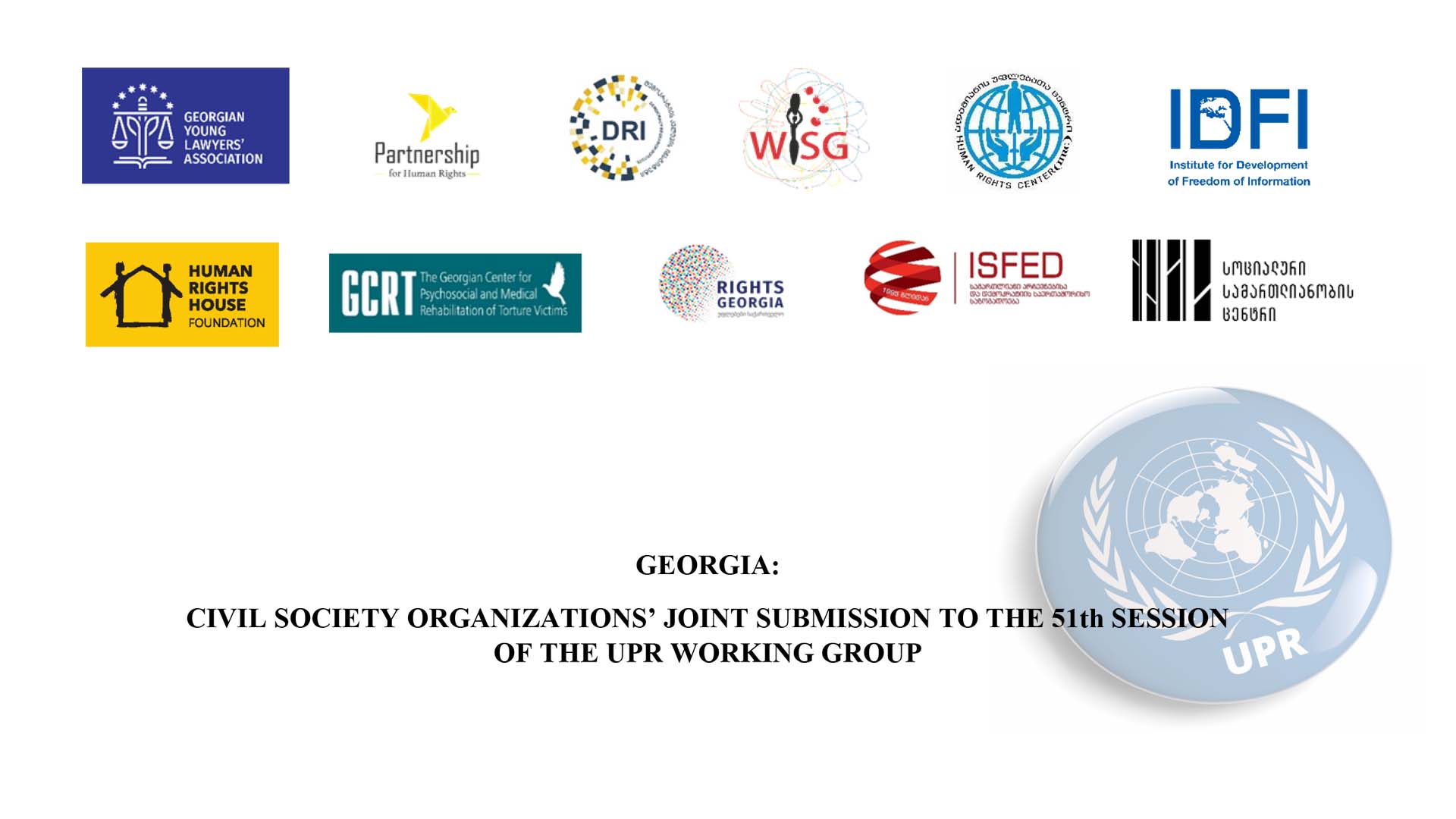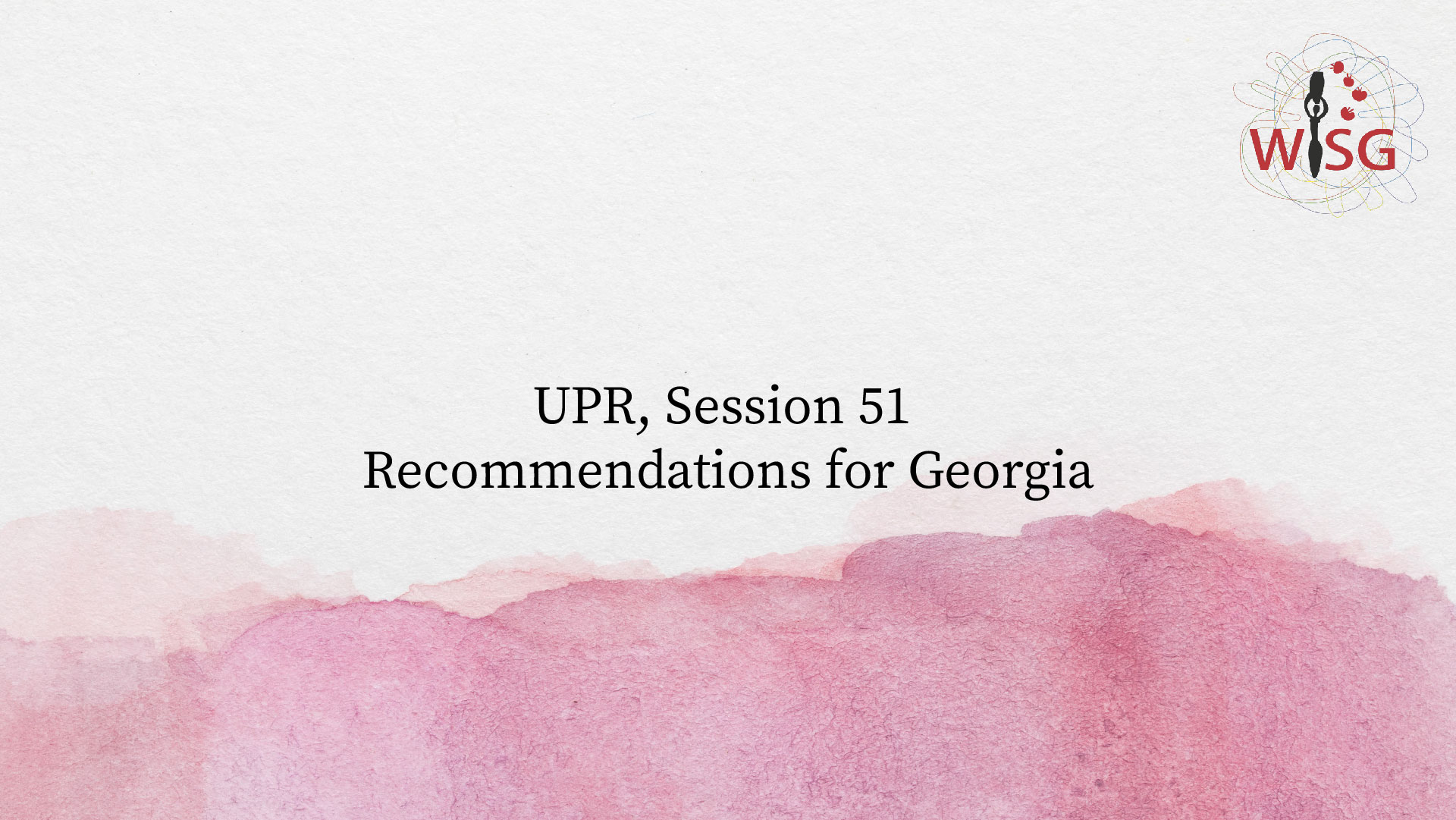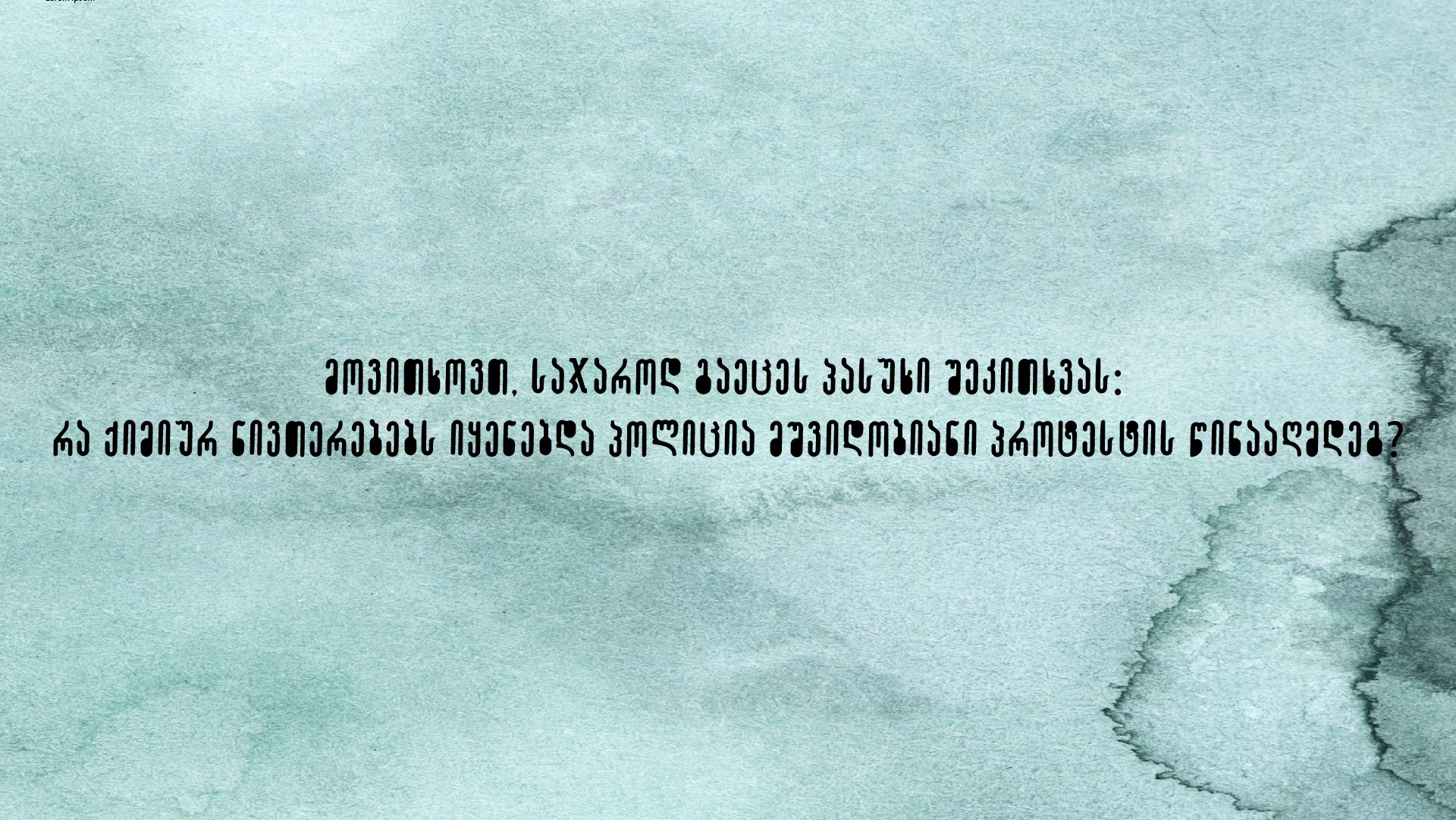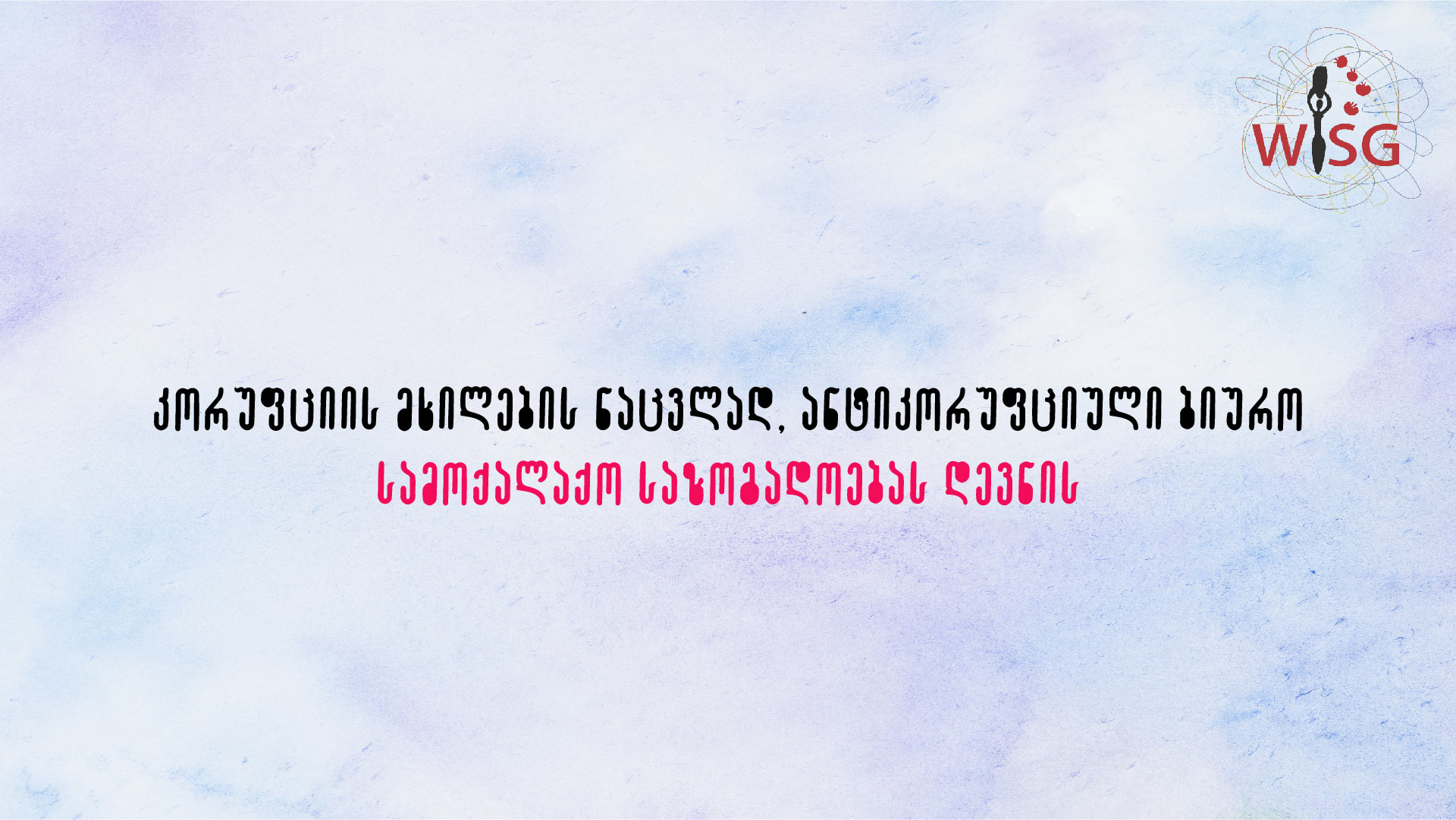Within the framework of the 4th cycle of the Universal Periodic Review (UPR), Civil society organizations from Georgia submitted a report to the UPR Working Group, which assesses the human rights situation in Georgia.
The Universal Periodic Review (UPR) is a mechanism of the UN Human Rights Council that assesses the human rights situation of each UN Member State every 4.5 years.1 This mechanism was established in March 2006 by UN General Assembly Resolution 60/251 and aims to promote and protect human rights in each country.2 The resolution also emphasizes the importance of civil society involvement in the UPR process.3
Since the first periodic review in 2008, all 193 UN Member States have been assessed three times. The 4th cycle is currently underway.4
Several partner organizations5 submitted a report to the UPR Working Group in May 2025, based primarily on the findings of the documentation report published by 11 organizations on 14 May.6
The report highlights a sharp deterioration in the human rights situation since the previous UPR cycle and the failure to implement relevant recommendations. It outlines widespread violations of the rights to assembly, association, and expression, including through repressive laws and police violence.
The report also documents the systematic and widespread use of torture and ill-treatment by police forces against peaceful demonstrators since November 2024, which remain uninvestigated. It emphasizes that the judiciary lacks independence, and that criminal and administrative mechanisms are actively used as tools of intimidation and repression.
Further, the report addresses the worsening situation regarding the rights of human rights defenders and media freedom: civil society organizations, human rights defenders, and media representatives are increasingly targeted by repressive laws, persecution, and discrediting campaigns.
The report also assesses violations of the right to equality, noting that the ruling Georgian Dream party actively fosters discrimination through hateful narratives, discriminatory legislative initiatives, attacks on mechanisms promoting women's political participation, and mass dismissals of civil servants on discriminatory grounds.
The report is available to the following link:
CIVIL SOCIETY ORGANIZATIONS’ JOINT SUBMISSION TO THE 51th SESSION OF THE UPR WORKING GROUP
1 See the UN Human Rights Council website, https://www.ohchr.org/en/hr-bodies/upr/basic-facts , [12.06.2025]
2 UN General Assembly Resolution A/RES/60/251 of 15 March 2006, https://documents.un.org/doc/undoc/gen/n05/502/66/pdf/n0550266.pdf , [12.06.2025].
3 UN General Assembly Resolution A/RES/60/251 of 15 March 2006, § 5(h), https://documents.un.org/doc/undoc/gen/n05/502/66/pdf/n0550266.pdf [12.06.2025].
4 See the UN Human Rights Council website, https://www.ohchr.org/en/hr-bodies/upr/basic-facts [12.06.2025].
5 Georgian Young Lawyers' Association (GYLA); Human Rights House Foundation (HRHF); Human Rights Center (HRC); Democracy Research Institute (DRI); Institute for the Development of Freedom of Information (IDFI); Partnership for Human Rights (PHR); International Society for Fair Elections and Democracy (ISFED); Social Justice Center (SJC); Rights Georgia (RG); Women's Initiative Support Group (WISG); Psychosocial and Medical Rehabilitation Center for Torture Victims (GCRT)
6 GYLA, SJC, PHR, DRI, GDI, GCRT, HRD, RG, ISFED, IDFI, WISG, Human Rights Crisis in Georgia After the 2024 Parliamentary Elections, November 28, 2024-February 28, 2025, https://gyla.ge/post/tsameba-da-araadamiarunimopkroba-saerto-gancxadeba , [12.06.2025].







